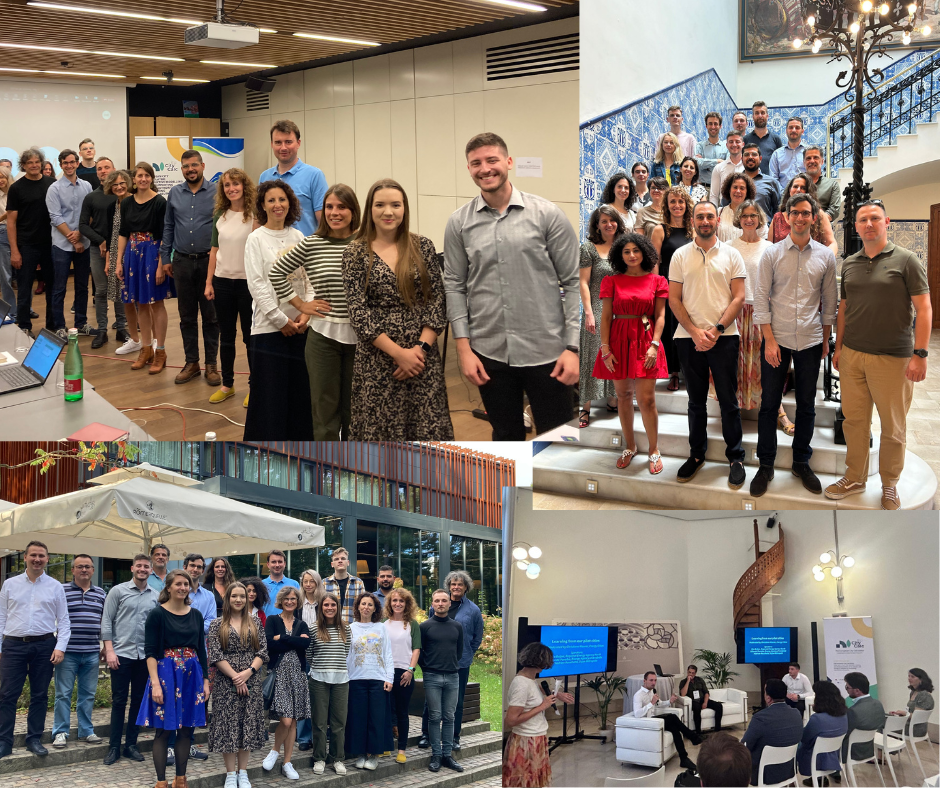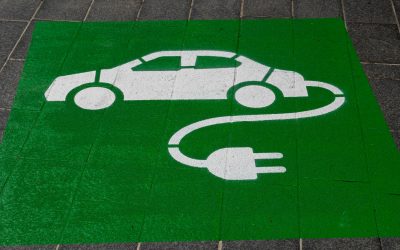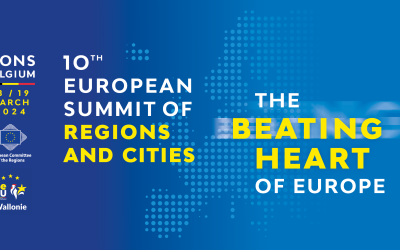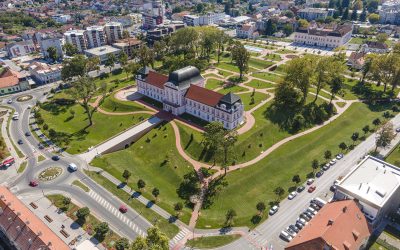The EUCityCalc project comes to an end, but the webtool is available for cities to use for free
A project spanning 3 exciting years, 10 pilot cities from 6 countries, 11 partners: that’s EUCityCalc!
Throughout this time, partners have strived to support the development of an innovative modelling tool aimed at helping local authorities test low-carbon measures.
Now that the project is ending, we are pleased to announce that it has achieved its mission: the European City Calculator is a valuable and free tool that several public authorities are already using to pave their way towards climate neutrality.
EUCityCalc has been an inspiring journey as a coordinator, with dedicated partners and motivated cities! The resulting tool and the learning programme are invaluable for cities building their path towards climate neutrality. – Bénédicte Weber, Project Manager, Energy Cities
The European City Calculator: a game-changing tool
The webtool’s projections show different departments and local stakeholders how to make climate-positive policy decisions. Dijon is integrating these ideas and is looking forward to gaining even more insights as the EU City Calculator develops. – Hadrien Rouchette, Project Manager, Dijon Métropole
What does the Calculator do? Based on the city’s data that you input, the webtool creates transition scenarios, exploring cross-sectoral dynamics, and comparing them in terms of GHG emissions, energy consumption, and cost indicators. It also allows you to explore other implications such as air pollution, circularity, and water use.
The Calculator aims to support local authorities by reducing the administrative process needed to design and report strategies. It equips cities with the ability to understand the impact of political measures and engineering levers.
The benefit of this tool compared to others is that it is city-specific. Moreover, it is free of charge and it provides an interesting overview of how various sectors influence greenhouse gas emissions. This information can help policymakers make decisions that will reduce the city’s carbon footprint. – Elisa Parisi, Technician, Municipality of Mantova.

A path we need to walk together
While PIK and CLIMACT worked on selecting the measures, defining the levers and their carbon impact, as well as developing the Calculator, ENA supervised the co-creation process.
Pilot cities ran a total of 34 face-to-face sessions involving more than 450 multi-sectoral stakeholders from 170 entities. During these meetings, stakeholders brainstormed mitigation strategies and actions. Concretely, they built and refined different pathways and policy scenarios, making consensual decisions on the measures and ambition levels to be adopted in various sectors (transport, building, energy production, consumption, industry, agriculture, forestry, and other land uses). The EU City Calculator helped them select the measures and levers for drafting the roadmaps resulting from this process.
“Planning and implementing the transition of a city towards climate neutrality should always be a collaborative commitment involving the whole community.” – Isabel Rodríguez Fernández, Project Manager, ENA – Agência de Energia e Ambiente da Arrábida.
Making cities’ voices heard by national governments
Without equipped and committed cities, there will be no green transition. However, in many cases, cities are not adequately consulted or involved in climate policymaking processes.
The EUCityCalc project worked to strengthen pilot cities’ involvement in multi-level dialogues to ensure their participation in the revision process of the National Energy and Climate Plans (NECP), as stated in Articles 10 and 11 of the Governance Regulation.
Carbon Market Watch and Energy Cities held webinars and published three in-depth reports to inform cities about their right to have their say and share EU recommendations. In this context, pilot cities joined national roundtables to outline and discuss with government representatives and relevant stakeholders their country-specific recommendations for the update of the domestic NECPs in 2023/2024.
Moreover, partners participated in several relevant events – both EU and national ones – to promote the Calculator and share the policy work done during the project.
An engaging learning journey
Developed by Energy Cities and REAN, the EUCityCalc learning programme aims to help you master the EU City Calculator, organise and run multi-stakeholder dialogues, and better understand the EU policy context.
The first two modules are online courses with interactive lessons. These modules cover:
- The use of the EU City Calculator for creating low-carbon development scenarios
- Selecting optimal energy efficiency measures
- Applying data collection and interpretation techniques
- Using the tool to develop and revise strategic documents like Sustainable Energy and Climate Action Plans (SECAPs).
Don’t miss this chance: You can still enrol in the learning programme!
In addition to the online courses, between May and July 2024, pilot cities hosted in-person training in their local languages, while the EU-level training in English took place in Brussels.
Let’s make our cities lead the EU green transition!
This webtool is our long-term commitment to support cities in their climate strategy. We will keep enhancing it with users’ feedback and make sure that it stays user-friendly, transparent, and connected. – Vincent Matton, CLIMACT, Head of Products and Technology
The ambitious targets of the Green New Deal can still be achieved. EU-funded projects such as EUCityCalc are game-changers that can help relevant stakeholders overcome skill, knowledge, and data gaps.
Despite the improvements still needed, EUCityCalc can empower local authorities to make effective policy choices towards the energy transition.
Even though the project is coming to an end, its legacy will last for years! Indeed, you can use the EU City Calculator and help CLIMACT – the developer – to keep improving and updating it!
Moreover, the learning programme will be available again in autumn under a new EU-funded project: SPARKLE.
Do you want to stay in the loop? Sign up here!











